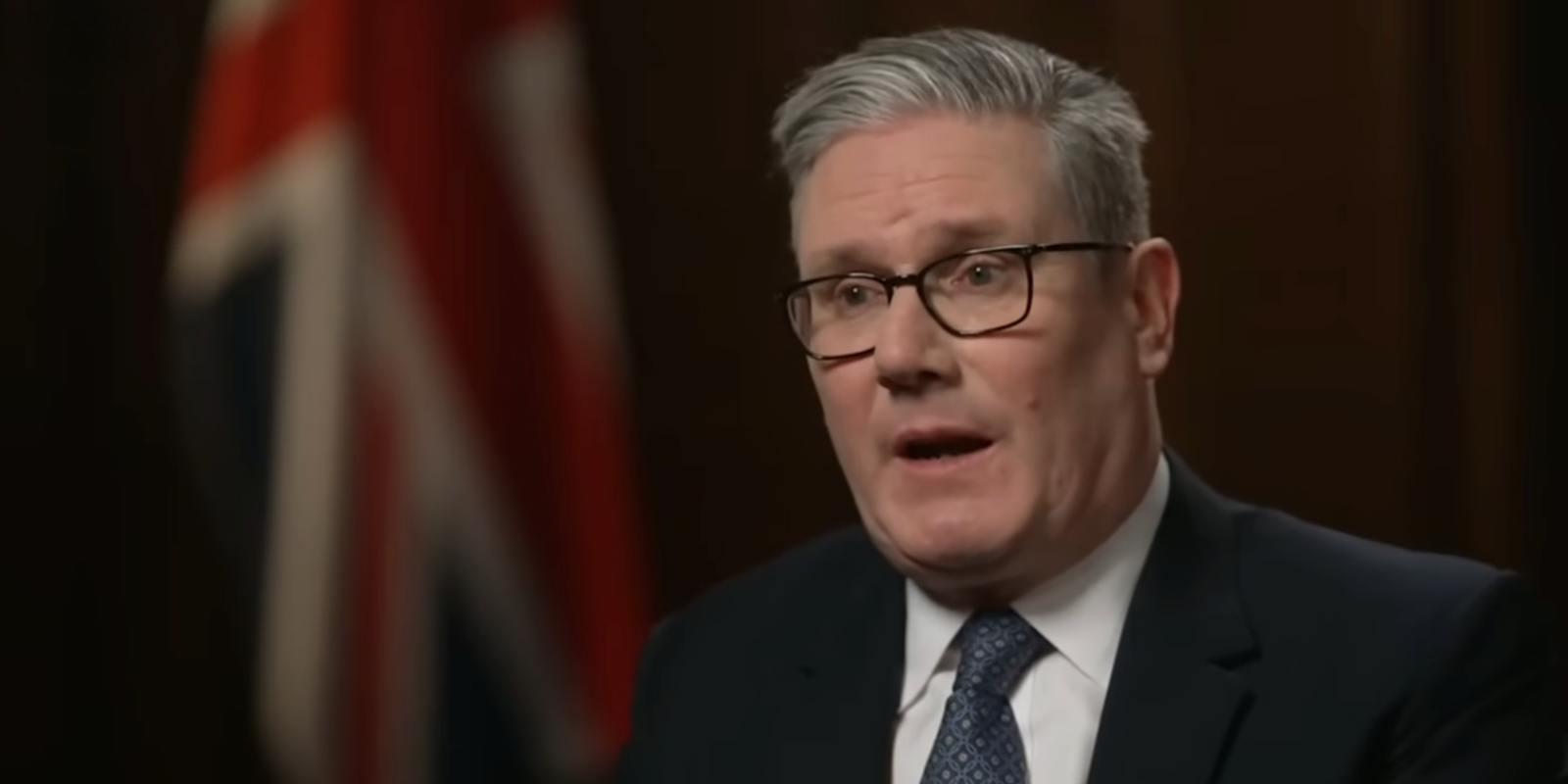On Monday, two scientists were awarded the Nobel Prize in Physiology or Medicine for their contributions to the development of mRNA vaccine technology. Hungarian Dr. Katalin Kariko and American Dr. Drew Weissman's findings laid the groundwork for the Covid-19 jabs that have since been utilized by millions of people around the world.
World Health Organization Director General Tedros Adhanom Ghebreyesus congratulated the pair, thanking them for their work, which helped ensure "safe and effective" vaccines were available during the pandemic.
"Today is a great day for health, a great day for science, and a great day for vaccines," Tedros said. "I offer my warmest congratulations to Dr. Katalin Kariko and Dr. Drew Weissman, who today won the Nobel Prize in Physiology or Medicine for their work in developing the technology that led to mRNA vaccines against Covid-19."
"As they have for some so many other diseases," he continued, "safe and effective vaccines against Covid-19 played a vital role in bringing the pandemic under control."
When they were first developed, mRNA vaccines often caused an inflammatory reaction as the body fought back. According to Deutsche Welle science correspondent Anna Carthaus, Kariko and Weissman were able to exchange one building block in the mRNA and prevent that reaction.
During the ceremony, Nobel Assembly member Rickard Sandberg pointed out that mRNA vaccines will not stop with Covid-19, noting that the technology is expected to be used to innoculate the public against other diseases, deliver therapeutic proteins, and even treat cancer.
Nobel Prizes are awarded to those whose contributions offer the greatest benefit to humankind, and while the vaccines have saved countless lives, it has become apparent that the technology is not perfect.
A small but significant number of people who received mRNA vaccines against Covid-19 have since developed various side effects, some of which have resulted in complications, or even death.
World Health Organization Director General Tedros Adhanom Ghebreyesus congratulated the pair, thanking them for their work, which helped ensure "safe and effective" vaccines were available during the pandemic.
"Today is a great day for health, a great day for science, and a great day for vaccines," Tedros said. "I offer my warmest congratulations to Dr. Katalin Kariko and Dr. Drew Weissman, who today won the Nobel Prize in Physiology or Medicine for their work in developing the technology that led to mRNA vaccines against Covid-19."
"As they have for some so many other diseases," he continued, "safe and effective vaccines against Covid-19 played a vital role in bringing the pandemic under control."
When they were first developed, mRNA vaccines often caused an inflammatory reaction as the body fought back. According to Deutsche Welle science correspondent Anna Carthaus, Kariko and Weissman were able to exchange one building block in the mRNA and prevent that reaction.
During the ceremony, Nobel Assembly member Rickard Sandberg pointed out that mRNA vaccines will not stop with Covid-19, noting that the technology is expected to be used to innoculate the public against other diseases, deliver therapeutic proteins, and even treat cancer.
Nobel Prizes are awarded to those whose contributions offer the greatest benefit to humankind, and while the vaccines have saved countless lives, it has become apparent that the technology is not perfect.
A small but significant number of people who received mRNA vaccines against Covid-19 have since developed various side effects, some of which have resulted in complications, or even death.





